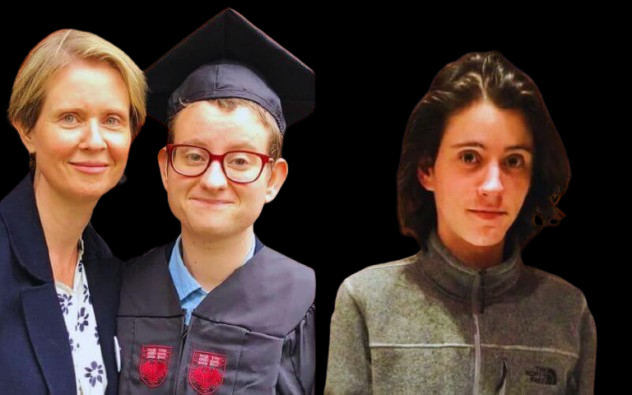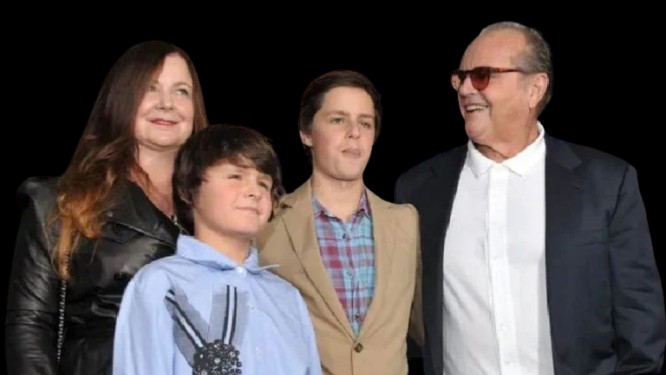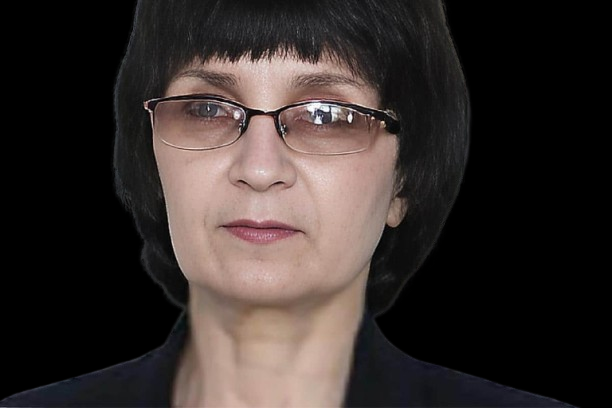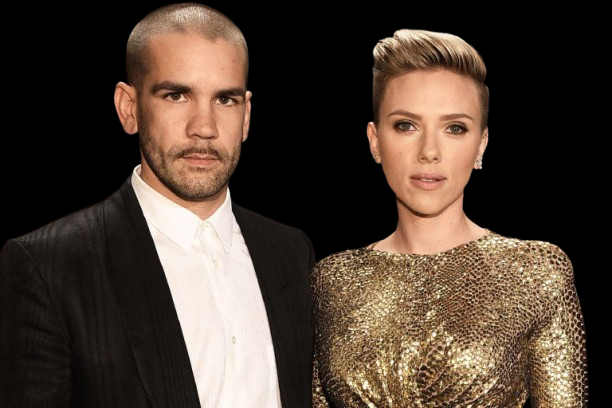When the name Charles Ezekiel Mozes is mentioned, many immediately think of his mother, the actress Cynthia Nixon. But Charles’s life is far more than just “the child of a celebrity.” In this article, we explore what is publicly known about his early life, family background, and the journey he’s walked with quiet courage and self-discovery.
Who Is Charles Ezekiel Mozes?
Charles Ezekiel Mozes is best known as the son of Cynthia Nixon and her former partner, Danny Mozes. He was born in December 2002, during the height of Cynthia Nixon’s career, and yet has largely kept his own life private. While his mother’s public identity has often drawn attention, Charles’s story is about carving space for personal identity, privacy, and authenticity.
Early Life and Birth
Charles was born on 16 December 2002 in New York City. He grew up in a household that mixed artistic expression, intellectual discussion, and political awareness. Because his mother was a public figure and her pregnancy was visible during her work, the show Sex and the City incorporated her pregnancy into the storyline, blurring the lines between the public and private worlds during his infancy.
From a young age, the media attention around his mother meant that Charles’s upbringing was, to some degree, shaped by public expectation. Still, he was raised with conscious boundaries around privacy and a nurturing environment that emphasized love and support over spectacle.
Family Roots: Parents and Parental Influence
Mother: Cynthia Nixon
Cynthia Nixon is a well-known actress, activist, and public figure. She is deeply invested in causes such as LGBTQ+ rights, education reform, and social justice. Her public stances reflect values she has also sought to bring into her family life. She has been protective of her children’s privacy, encouraging them to define themselves rather than be defined by her fame.
Father: Danny Mozes
Charles’s biological father, Danny Mozes, is a photographer and former English professor. He and Cynthia separated in 2003, when Charles was still an infant. Despite the separation, Danny has remained part of the extended family context, and Charles has had both emotional and relational space involving his father.
Stepmother: Christine Marinoni
After Cynthia and Danny ended their relationship, Cynthia began a partnership with Christine Marinoni, an education activist. Christine became a loving parental presence in Charles’s life, especially after marrying Cynthia in 2012. In their blended family, Christine played a crucial role in the support, stability, and nurturing of the children.
Siblings and the Blended Family
Charles is one of three children in a blended family. His older sibling, Samuel “Seph” Mozes, was assigned female at birth but later transitioned and identifies as male. The family publicly supported Seph’s journey, and that advocacy became part of their broader identity. His younger half-brother is Max Ellington Nixon-Marinoni, born in 2011 to Cynthia and Christine.
Growing up among siblings who have navigated identity, transition, and blended family dynamics offered Charles both challenges and opportunities for empathy, understanding, and growth.
The Journey of Identity and Acceptance
One of the more emotional facets of Charles’s story is how he processed having two parental figures (Cynthia and Christine). In his early years, it took him time to reconcile conventional notions of “mom” and “dad.” At school, his teachers referred to Cynthia and Christine as his “moms,” and he gradually embraced that duality, even coining affectionate names in his own way (for example, calling Christine “Papa” playfully at one point).
These experiences demonstrate how a child can internalize, negotiate, and adapt to evolving family structures when nurtured in a safe and open environment. Charles’s navigation of family identity reflects a broader shift in how modern families construct meaning beyond conventional norms.
Education and Personal Interests
Publicly, Charles has not shared much about his schooling, major fields of study, or career ambitions. What is known is that education has always been highly regarded in his family. He was enrolled in New York public schools, consistent with his mother’s belief in equitable access to education.
In media mentions, his mother once referred to him as a typical teenager who spent a lot of time in his room—perhaps exploring his interests, whether in comedy, art, or reflection. He seems to favor a life of introspection over the spotlight.
Privacy, Restraint, and Quiet Strength
What sets Charles apart is the intentional quietness of his public presence. He does not have verified public social media profiles, nor does he seek press coverage or public statements. His family has largely respected that decision. This restraint gives him agency over how much the world sees and knows.
His approach underscores a powerful lesson: that one’s influence or authenticity need not depend on visibility. By choosing to build life on his own terms, Charles exemplifies a different kind of resilience.
Why the Story of Charles Ezekiel Mozes Is Meaningful
Though he maintains a private life, Charles’s journey is meaningful on many levels. For families navigating identity, transition, and blended dynamics, his narrative offers a model of love, acceptance, and flexibility. For youth who feel pressured by expectations, his quiet refusal to perform for the public gaze is itself an inspiring act.
Additionally, the way his parents—particularly Cynthia and Christine—have publicly affirmed and protected their children’s autonomy sends a positive message about parental care, boundaries, and support. Charles’s life is a reminder that identity is personal, evolving, and deserving of respect.
Conclusion
Charles Ezekiel Mozes may not be a public figure, but his journey offers lessons about identity, family, privacy, and authenticity. Born into an environment of art, activism, and caring, he has navigated transitions in family structure, perception, and selfhood with dignity. While much of his life remains private, the contours we can see—his birth, his family relationships, his path toward self-understanding—form a portrait of someone committed to defining himself on his own terms. In a culture that often conflates value with visibility, Charles’s story reminds us that power lies in living truthfully, even quietly.




